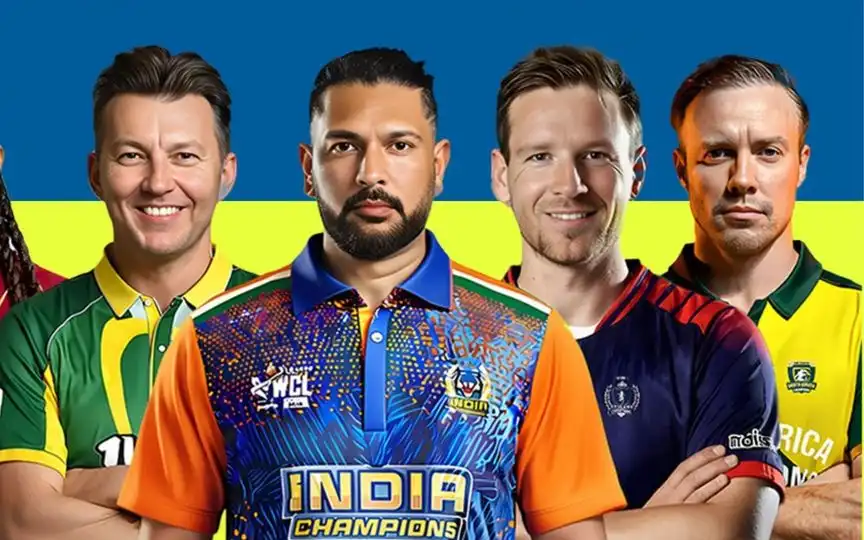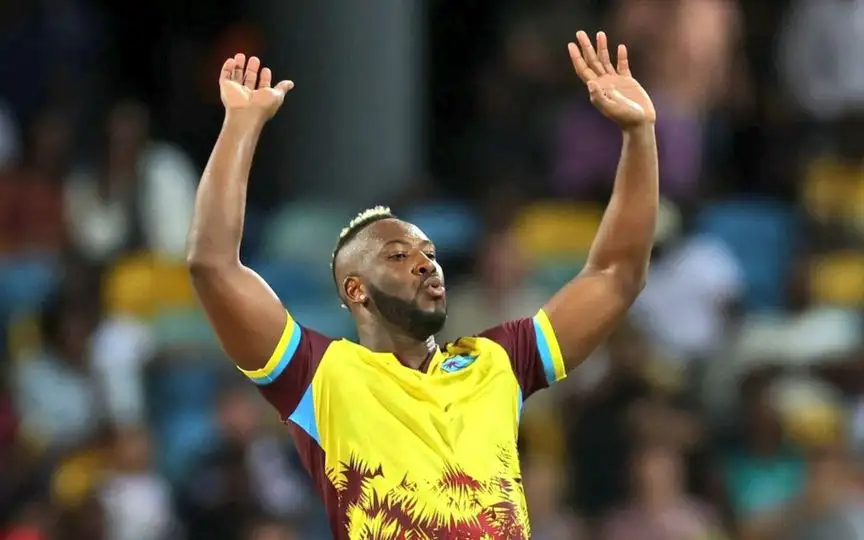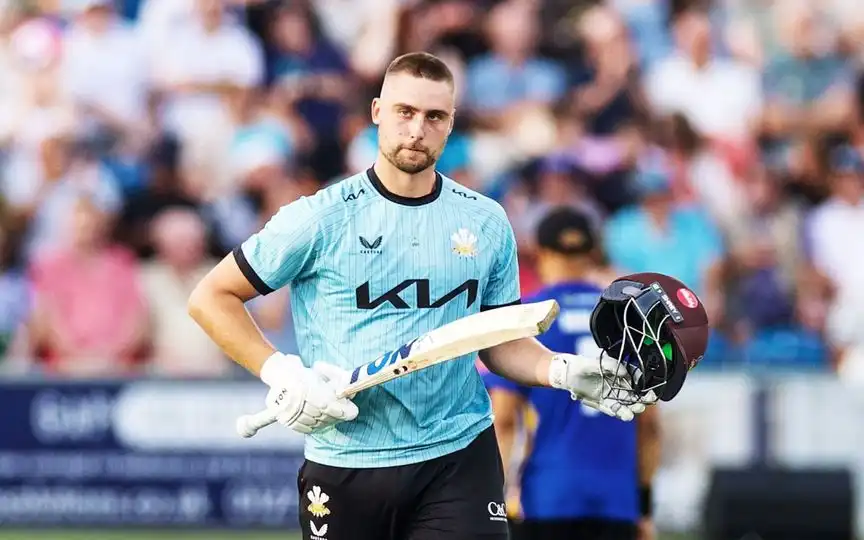![Yuvraj Singh and Mohammed Hafeez [Source: @theFaizFazel, @Criclovers554/x.com]](https://onecricketnews.akamaized.net/parth-editor/oc-dashboard/news-images-prod/1752925388919_yuvi_hafeez.jpg?type=hq) Yuvraj Singh and Mohammed Hafeez [Source: @theFaizFazel, @Criclovers554/x.com]
Yuvraj Singh and Mohammed Hafeez [Source: @theFaizFazel, @Criclovers554/x.com]
When Yuvraj Singh and Mohammad Hafeez marshal their teams onto the field for the World Championship of Legends, they will be scripting something unprecedented —the first India vs Pakistan cricket encounter since the brief yet searing conflict of May 2025. The four-day military confrontation that commenced with India's Operation Sindoor on May 7 and concluded with a ceasefire on May 10 may have lasted mere days, but its shadow permeates every facet of India-Pakistan relations.
Yet within this charged atmosphere, the legends' tournament epitomises something sublime: cricket's capacity to transcend geopolitics and bring back memories from the past. While the world scrutinises every gesture for signs of renewed hostility, these retired cricketers are crafting an alternative narrative—one of resurrection, deferred aspirations, and the unadulterated joy of competition.
Pakistan's Redemption Squad
Examine Pakistan's roster for the tournament, and you witness cricket's quintessential redemption saga. Sharjeel Khan, whose trajectory was derailed by the spot-fixing scandal, now possesses the liberty to play unburdened by national expectations or selection machinations. For half a decade, he observed from the periphery as his halcyon years dissipated. In the legends cricket, he is not a sullied player—he is simply a gifted left-hander with incendiary potential.
Umar Akmal's story mirrors this perfectly. Disciplinary issues and inconsistent performances made him a frustrating figure for Pakistan cricket. The PCB's repeated suspensions turned him into a cautionary tale. But in this tournament, none of that baggage exists. He is just a middle-order batter with quick hands and an eye for the boundary.
Even Mohammad Hafeez, now captain, bears the weight of unrealised potential. His bowling action controversies, the relentless scrutiny over his off-spin, the manner in which he was perpetually suspended between specialist batter and genuine all-rounder—all of that dissolves in the legends cricket. Here, he is merely the astute operator who can metamorphose a game with either discipline.
India's 'Other' Heroes
India's squad tells a different but equally compelling story. This isn't the golden generation that defined Indian cricket for the past decade. There is no Dhoni, no Sachin, no Rahul Dravid. Instead, we have players who lived in those shadows—talented cricketers who never quite got their due recognition.
Ambati Rayudu's selection battles, where he was perpetually the 'almost' man, don't matter here. Stuart Binny, often criticised for being a bits-and-pieces player, now gets to showcase his skills without the burden of justifying his place in a highly competitive Indian team. Suresh Raina, once a limited-overs star whose career ended abruptly, can remind everyone why he was indispensable.
Under Yuvraj Singh's captaincy—itself a fascinating subplot, given that he never received sustained leadership opportunities during his prime—these players get to be protagonists rather than supporting characters.
Cricket Beyond Conflict
What makes this match particularly poignant is its timing. The May 2025 crisis, which involved missile strikes and drone warfare between the two nations, represented one of the most serious escalations in decades. The conflict included the first-time use of drones in an aerial battle between India and Pakistan, marking a new era of technological warfare in the region.
Yet here we are, just a month later, watching cricketers from both nations share the same field. While diplomats engage in careful rhetoric and militaries maintain heightened alert, these legends remind us of cricket's unique power to humanise rivalry. They are not representing national policies or territorial claims—they are representing the love of the game that first drew them to cricket.
The Beautiful Irony
There is something beautifully ironic about the legends cricket in this context. These tournaments were created as light entertainment, a chance for fans to see their heroes one more time. But they have inadvertently become sanctuaries for players whose careers were interrupted by circumstances beyond their control—politics, controversies, injuries, or simply bad timing.
For players like Wahab Riaz, who battled fitness issues and form fluctuations, or Vinay Kumar, who was always on the periphery of the Indian pace attack, legends cricket isn't just nostalgia—it is vindication. They get to showcase their skills in an environment where participation matters more than past controversies or selection politics.
The Audience's Gift
Perhaps most importantly, this match gives cricket fans something they have been denied: the simple pleasure of watching India play Pakistan without the weight of geopolitical tensions determining their narrative. Even as the ceasefire from May continues to hold, every bilateral series or ICC tournament clash between these nations carries enormous political significance.
In legends cricket, the rivalry remains intense, but it is stripped of its heavy burdens. Fans can simply enjoy watching Yuvraj's trademark inside-out shots or Hafeez's intelligent bowling changes without worrying about diplomatic ramifications or security concerns.
When these teams take the field, they will be playing for something more valuable than tournament points or national pride. They will be playing for the idea that participation deserves recognition, that dreams deferred are not necessarily dreams denied, and cricket's power to unite transcends even the deepest political divisions.
In a summer where India and Pakistan faced each other across battle lines, watching them compete on cricket fields feels like a small miracle—a reminder that some things are bigger than conflict and some dreams are worth giving a second chance.
Note: The match has been cancelled as Indian player withdrew



.jpg?type=mq)

